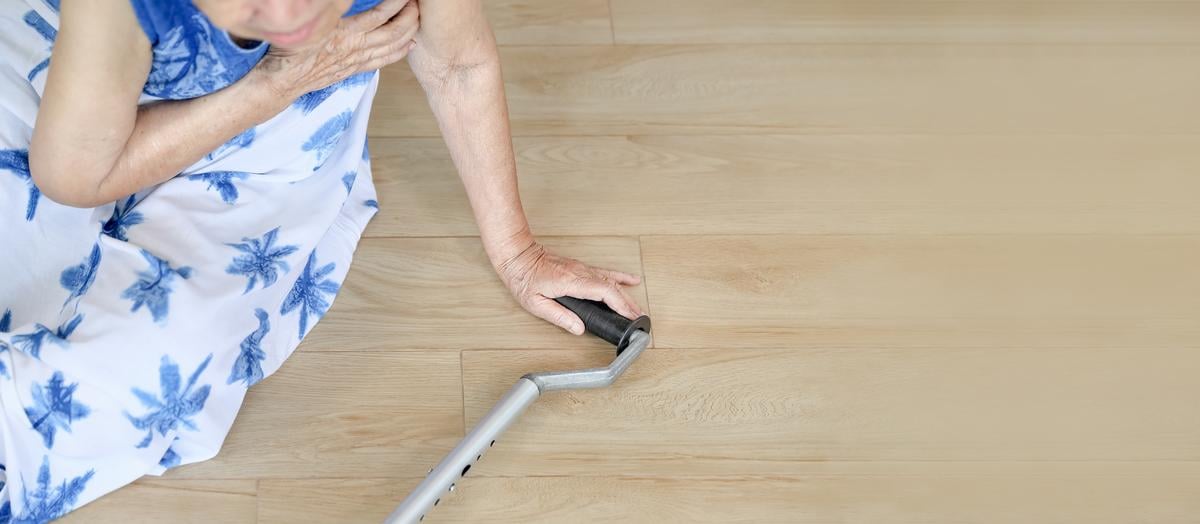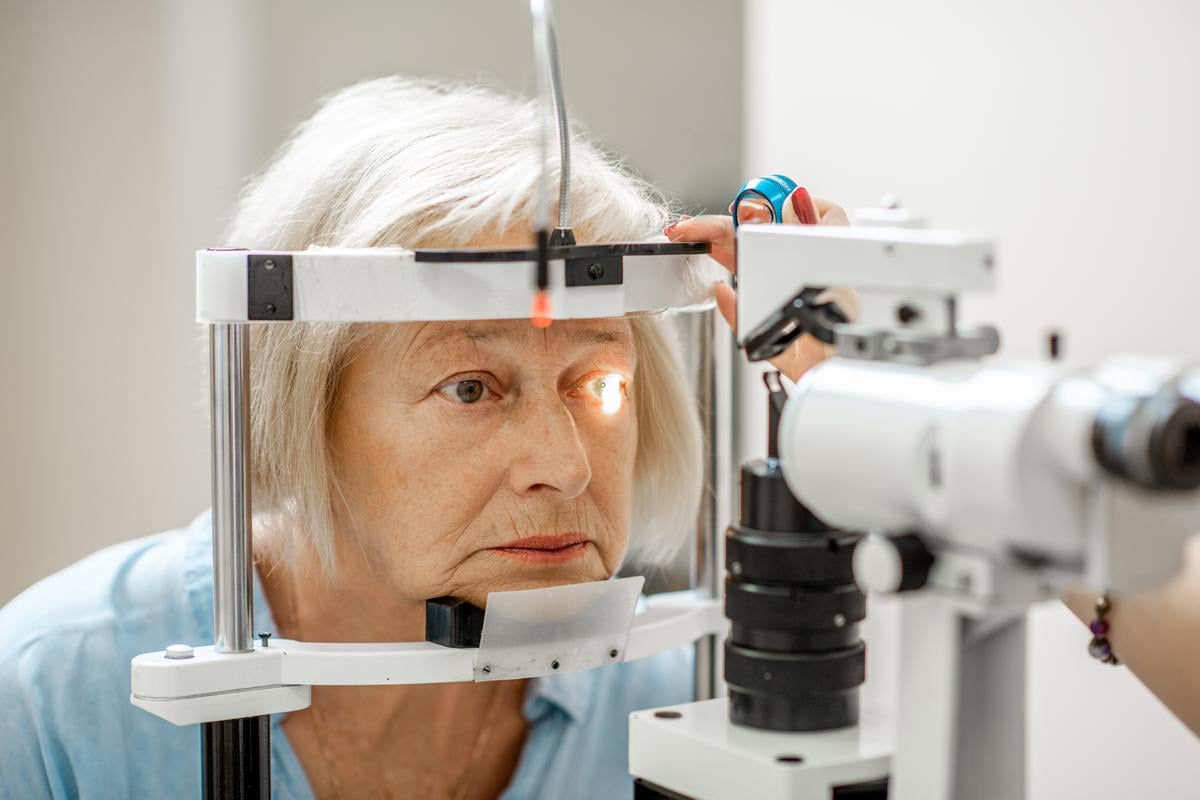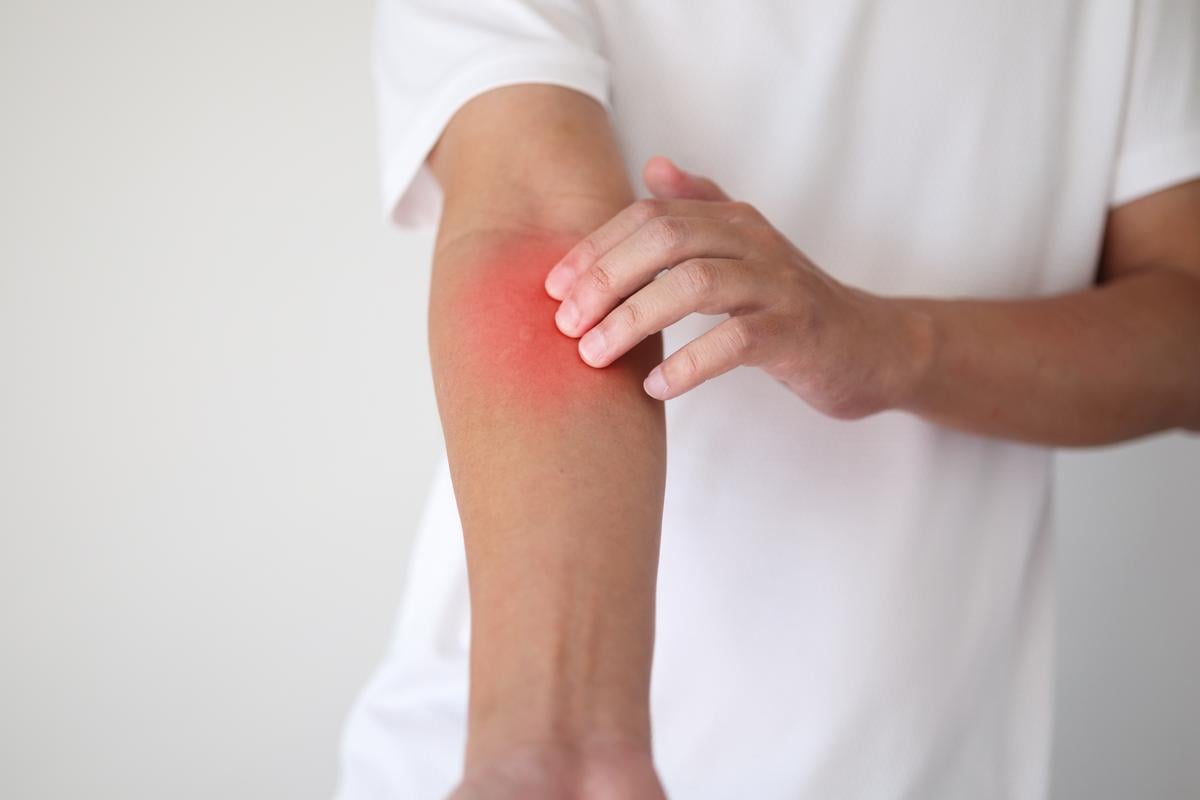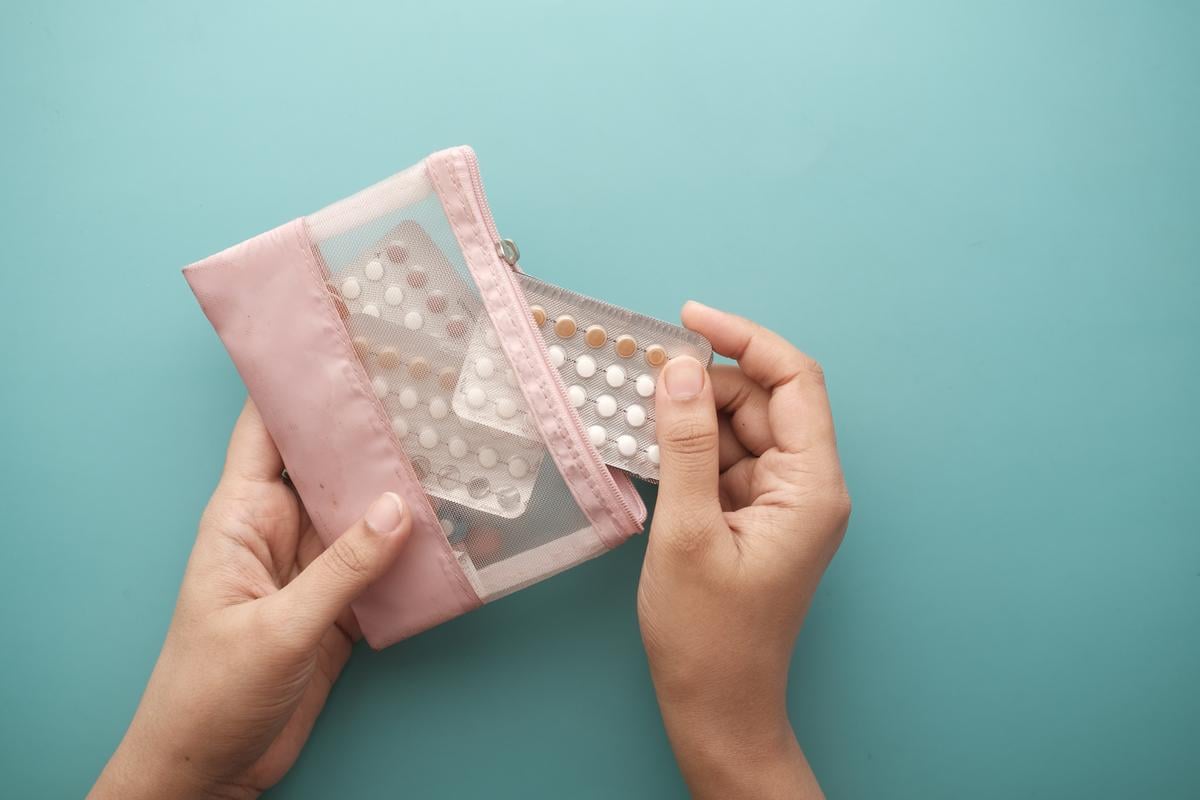
Heart bypass operations have gotten safer, but not everyone is benefiting equally: New data shows that Black patients face a 22% higher odds of dying in the hospital after their surgeries. “We found Black patients who have coronary artery bypass surgery experience higher rates of severe postoperative complications, including death and cardiac arrest,” said study… read on > read on >

















.jpg)
